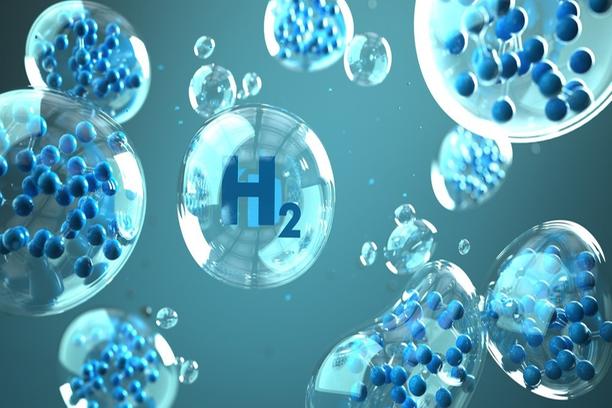Glycerol: A Green Gateway to Hydrogen and Propane Fuel

Aston University’s recent research has illuminated a promising path toward producing renewable hydrogen and propane fuel gases using an unexpected source – glycerol.
Glycerol, commonly known for its presence in health and beauty products, is an organic compound primarily derived from fats and oils. Leveraging the abundance and cost-effectiveness of crude glycerol, mainly obtained from biodiesel production facilities, researchers have embarked on pioneering efforts to harness its potential for generating hydrogen gas and propane. This groundbreaking work holds significant environmental benefits and has the potential to reduce dependence on fuel imports.
The HYDROGAS project, funded by the prestigious Marie Skłodowska-Curie Actions program, the European Union’s leading initiative for doctoral education and postdoctoral training, has dived deep into the utilization of glycerol as a foundational resource for the production of hydrogen gas and propane.
Hydrogen is widely acknowledged as the most promising clean fuel for the future due to its carbon-free emissions. Biopropane, on the other hand, has the potential to substitute fossil-derived liquefied petroleum gases, offering an environmentally friendly alternative. These fuels also provide a practical solution for heating distant off-grid structures.
Previously, researchers demonstrated that glycerol could be converted into propane by reacting with hydrogen. However, this method incurred high costs due to the need for external hydrogen. The innovative approach of the HYDROGAS project was to employ a portion of the glycerol itself to generate the necessary hydrogen for transforming glycerol into propane.
Dr. Jude Onwudili, heading the research at Aston University’s Energy and Bioproducts Research Institute, explained their groundbreaking approach, saying, “Our approach was to use part of the glycerol itself to produce the hydrogen gas required for propane production, avoiding the need for it to be added from expensive external sources.”
The HYDROGAS project has successfully achieved its initial goal of establishing a method to produce an ample supply of hydrogen from glycerol for conversion into propane. However, the project’s second objective, which aims to attain substantial propane yields, is currently under investigation and exploration.
Dr. Jude Onwudili elaborated, “We are also still working to obtain high propane yields from ‘crude glycerol.’ Through HYDROGAS, we discovered that the second-stage reactions can work in different conditions to those that make the hydrogen, so that we will explore this alternative route.”
Dr. Carine Tondo Alves, a Marie Skłodowska-Curie fellow, has strongly supported this research endeavor. With additional funding from Aston University, the project is now geared towards creating a specialized research program focused on reforming and converting glycerol and other feedstocks derived from biomass into environmentally sustainable gaseous and liquid fuels. This innovative approach not only holds the promise of greener energy but also the potential to substantially impact reducing carbon emissions and reliance on traditional fuel sources.










